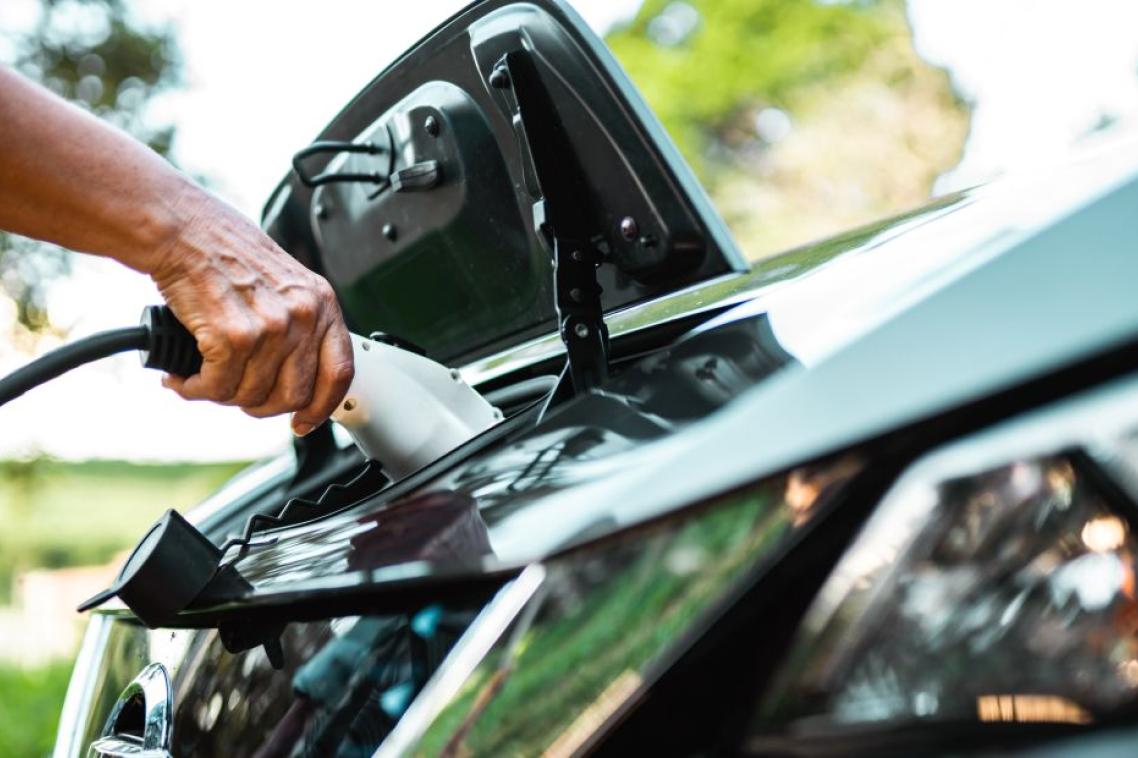Hybrid work not a ‘one-size-fits-all’ solution, study shows

(Photo credit: chendongshan/Adobe Stock. )
Employees flourish when given autonomy and support, and their mental health declines if they are micromanaged – whether working from home or not, a University of Queensland study has found.
Dr Caroline Knight from UQ’s School of Business led a study examining hybrid workers’ job characteristics both at home and in the office, and their link to wellbeing.
“Most research into hybrid work arrangements tends to average everything out – so you really don’t know whether one location is better than the other,” Dr Knight said.
“This study measured different factors in different locations and found there really isn’t a one-size-fits-all solution.
“This is important to know within the current public debate over whether work from home days should be mandated or fixed.
“Our findings suggest mandates are probably not going to work because there’s a lot of variation in where people work best - depending on things like autonomy, social support, workloads and how closely they’re monitored.”
The researchers surveyed 386 employees in Western Australia from a wide variety of professions, including 57 per cent professionals or managers, 14 per cent clerical and administration workers, and 8 per cent labourer, machinery operators or drivers.
Employees were asked a series of questions about their previous work week including how much say they had in scheduling their work; how much help and advice they received from managers and colleagues; their perceptions of their workload; and how closely they were monitored.
They were also asked about their overall sense of flourishing and mental wellbeing.
Participants were then clustered into 4 naturally occurring groups – using statistical techniques – depending on their scheduling autonomy, social support, workload and levels of monitoring.
The research found 2 groups where their experiences changed according to location.
One group had high-stress jobs with high levels of monitoring and low levels of autonomy and support. The study found they fared better at home than in the workplace.
The other group had low-stress jobs and fared better in the office where autonomy and support were higher.
Two other groups had similar experiences across both locations. The ‘highest flourishing’ group had an empowering and supportive work environment with low levels of monitoring.
That group reported positive work characteristics regardless of location.
The final – and largest – group had low autonomy and support and high monitoring across both locations. This group reported the lowest flourishing and the poorest mental health.
“The study clearly shows excessive monitoring of employees does not work and that it is important to be aware of how much support they’re getting when working from home,” Dr Knight said.
“Hybrid work is not a one-size-fits-all and employers need to approach it with flexibility.”
The study was published in the Journal of Vocational Behaviour.
Topics
Related articles

From batteries to EV chargers, Australia and NZ need these 3 fixes to hit net-zero at less cost

Closing the superannuation gap for Indigenous Australians
Media contact
UQ Communications
communications@uq.edu.au
+61 429 056 139
